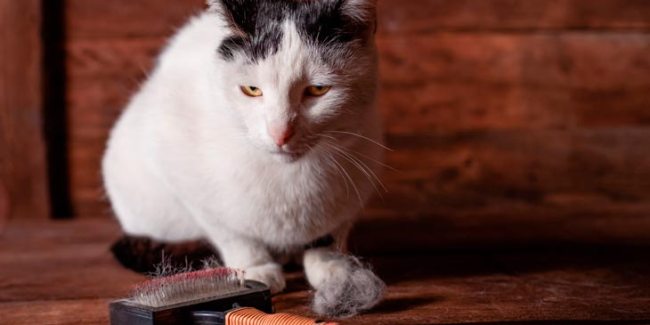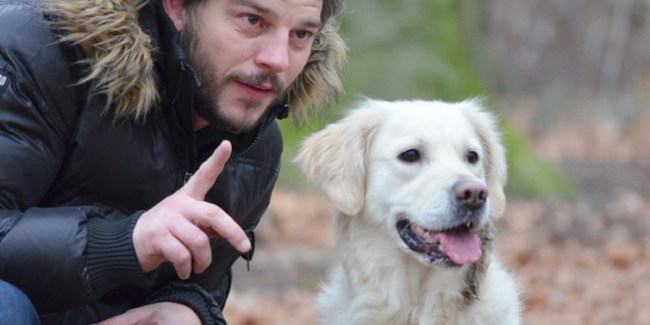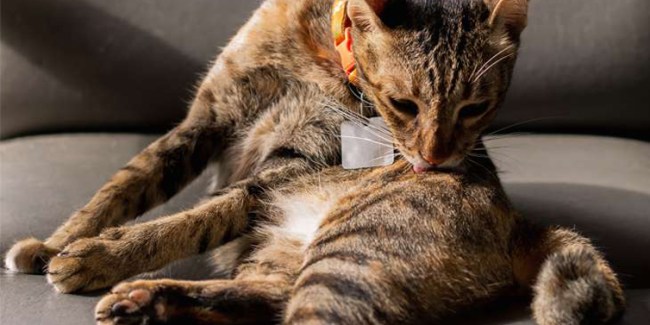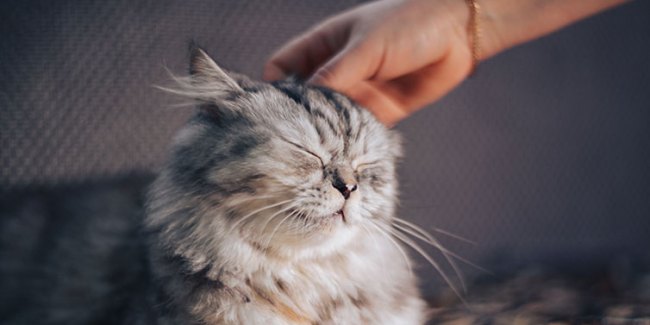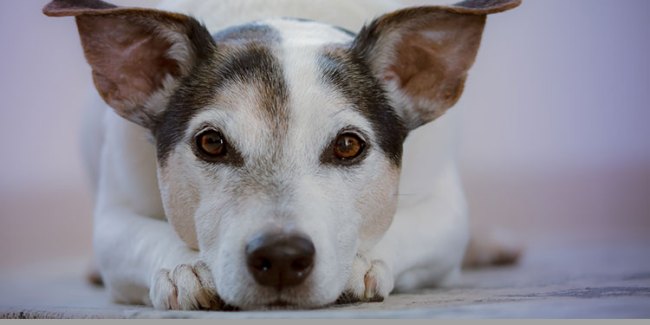Choosing a Canine Companion
So you’ve decided to adopt a furry friend? Wow! This is going to be an exciting journey for you and for your future companion. You and he/she are going to be together for, hopefully, many years, so this will be a very important decision for you. You will want a dog that most easily fits in to your family, your home, your needs and your lifestyle. Whilst a perfect ‘fit’ is rarely possible, if you do a bit of research (which we have basically done for you) then you’re far more likely to choose a poochie who will fit smoothly into your life.
So let’s look at the background of how different breeds came about.
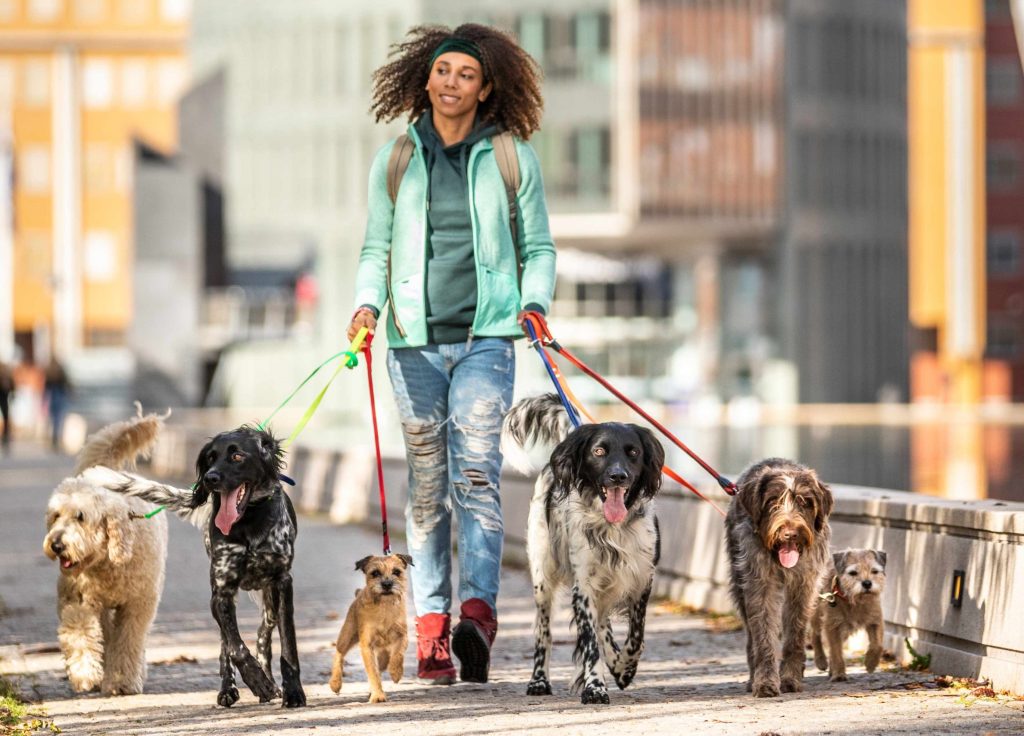
Dog Breeds
Of all mammals, dogs have the most variations. There are over 450 globally recognised breeds, which each possess distinct physical traits regarding body size, head shape, fur type, coat colour and tail type. There are also variations in behavioural traits, including guarding, hunting and herding, and there are different personality traits, such as social behaviour, aggression and boldness tendencies. There are more dogs in the world today than any other carnivore species.
A breed refers to a particular bloodline of dog which has been deliberately bred by humans to perform specific tasks such as herding, guarding and hunting. A particular breed will consistently produce pups with the desirable physical, behavioural and personality traits, developed over many years. Kennel clubs establish a list of these traits which is called the breed standard.
So how does this apply to you, looking for a breed of dog that will most easily fit in to your family, your home, your needs and your lifestyle?
Whilst most animal lovers will certainly advocate choosing one of the many thousands of homeless doggies in all the animal shelters around our country, sometimes a person may want a particular kind of breed with certain characteristics, for a particular reason. In these cases, pure bred dogs’ traits can be more predictable.
We are going to take a look at some typical situations and suggest certain breeds of dog which may be the best ‘fit’ in each case. However, no-one can possibly ever guarantee that every example of breed X will always look and behave the same as another.
Matching Your Personality with Your Dog’s
Just a caveat here: There are, of course, no guarantees that every dog will fit in neatly to the type of personality that his/her breed is ‘supposed’ to have.
You Are: Creative and Individualistic
You tend to think ‘out-of-the-box’; you don’t ‘follow the herd’ and your appearance and home reflect this. You are often in a creative profession.
Your Dog Should Be: Calm, laid-back, relaxed and loving; willing to give you your ‘space’ but also alert and smart.
You Should Consider: English Bulldog, Shiba Inu, Akita, Dutch Sheepdog.
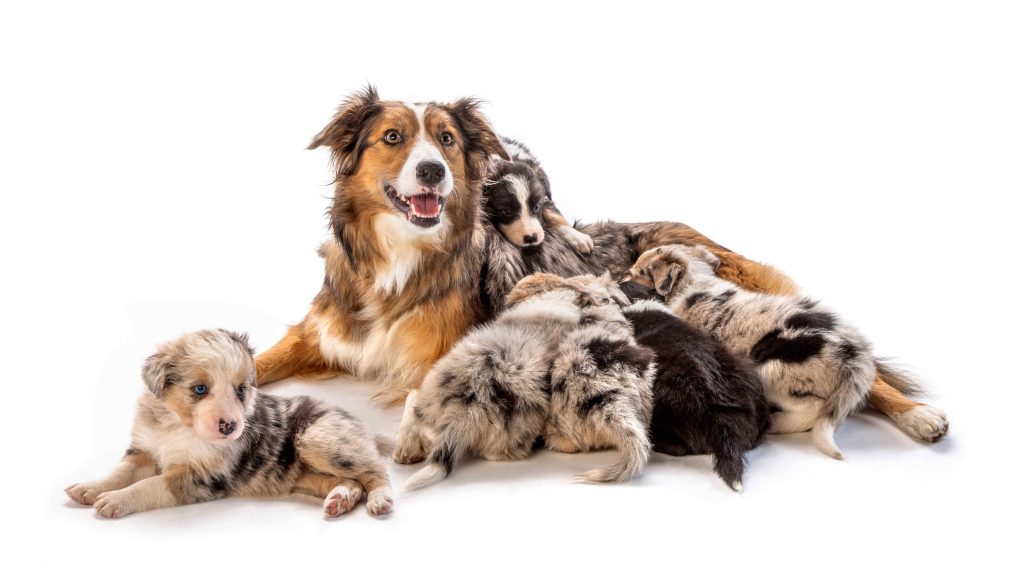
You Are: Hardworking and Organised
You can have fun but you like things to be in order around you. You are a hard worker and tend to be a perfectionist. You are quite conservative and you have no problem with being alone.
Your Dog Should Be: Easy to train, confident, reliable and obedient, once trained.
You Should Consider: Pekingese, Boston Terrier, Bull Terrier, English Toy Spaniel, Shih Tzu.

You Are: Sociable and Ambitious
You love people: the more the merrier, and people warm to you. You work hard and play hard. You are able to adapt to most situations.
Your Dog Should Be: Fun-loving, active, playful, adventurous and sociable.
You Should Consider: Basset Hound, Rhodesian Ridgeback, Brussels Griffon, Beagle.
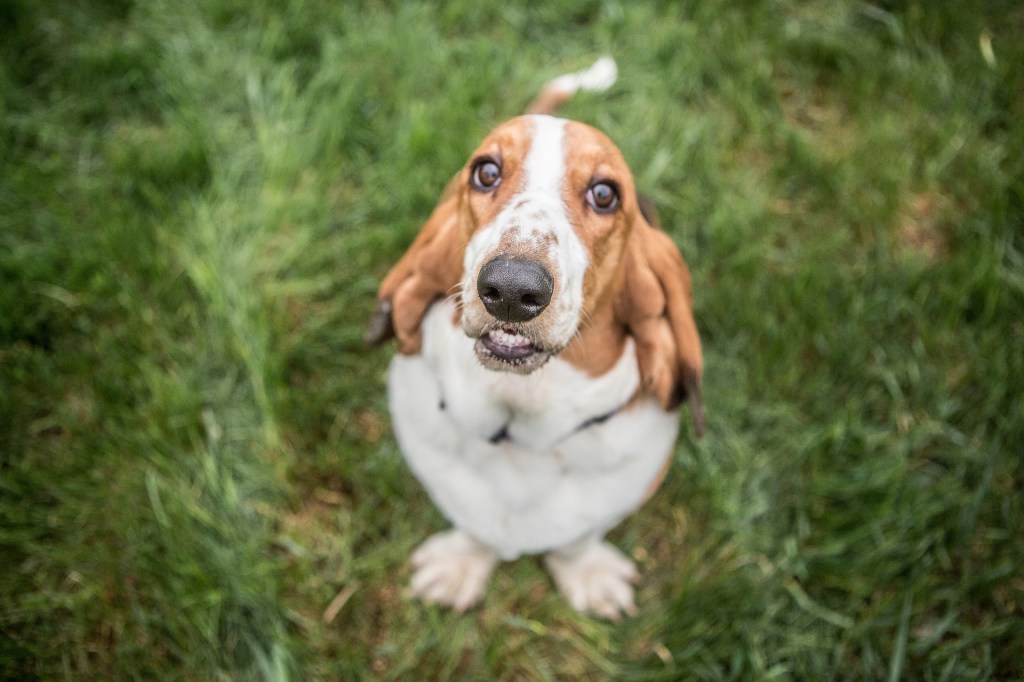
You Are: Empathetic and Giving
You love to help others and you are able to put yourself in others’ shoes. You are caring and kind.
Your Dog Should Be: Obedient, loyal, intelligent and fond of humans.
You Should Consider: Bichon Frise, Maltese, German Shepherd, Belgian Sheepdog.
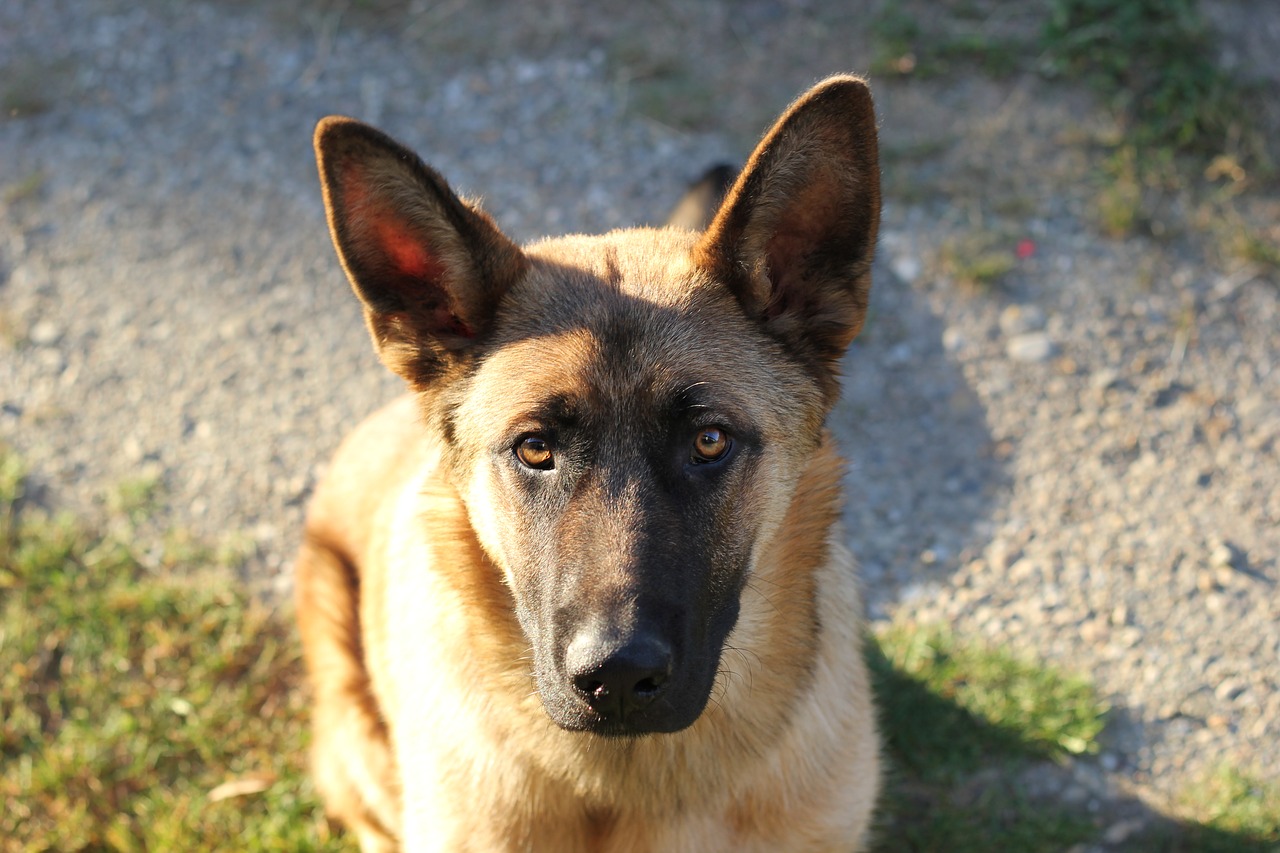
Aspects to Consider Before Choosing Your Dog
- Breed: Pure-bred or Mixed?
Research several dog breeds. You may find that the breed you prefer is not suitable for various reasons. You might like the way a dog looks, for instance, but then you find out that the temperament of this particular pooch is not suited to you or your situation. Remember too that mixed breed dogs can be wonderful additions to your family, often carrying the positive aspects of the original breeds. But there is no way of knowing exactly how your mixed breed puppy will look and behave when they grow up. The pup which is the size of a Chihuahua may blossom into a gigantic fully-grown dog, which might be a problem if you live in a tiny flat. Perhaps the greatest advantage of adopting a ‘pound pup’ or fully-grown dog is that you will have the knowledge that you have saved them from possibly being euthanased.
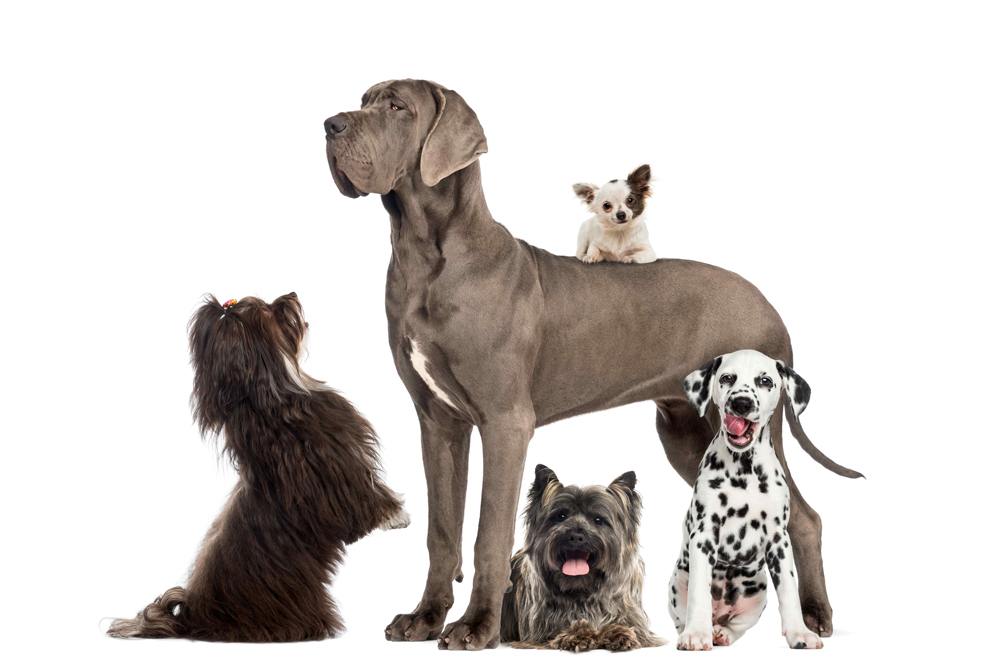
- Size: Teacup Yorkie or Great Dane?
A very large dog obviously needs a lot of space to move around, but some experts say that as long as you are prepared to take King Kong on regular walks – at least twice a day – then there’s no reason why you can’t have a large dog, say the size of a Labrador, in an apartment. The other thing to consider with a large dog is the expense: the larger the dog, the more expensive they are to keep. They also need to be trained, whether in a flat or a large property, as a rumbunctous Great Dane can wreak havoc in a home.
Small dogs, especially miniature breeds, may be more delicate than Kong, and may also have health problems. They are also more susceptible to injury, so think carefully about choosing a delightful Teacup Yorkie if you have young children. A Labrador or Boxer would be a more sensible choice in this case.
- Maintenance: Long-haired or Short?
All dogs need basic grooming but some need more specialised grooming than others. Some have hair that is constantly growing so will need to visit the Pooch Parlour every month or so, while others, especially those with wiry coats, may shed their hair all over your furniture.
Some dogs are more prone to various physical problems than others and may require more frequent trips to the vet. For example, Cocker Spaniels beautiful ears make them more likely to suffer from ear infections.
- Level of Activity: High or Low Energy?
Every dog needs exercise in the form of a walk a couple of times a day, particularly if they do not have access to a large garden, but some dogs are more energetic than others. If you cannot commit to such a walking regime, then you need to go for a less energetic dog like a Basset Hound, who is by nature fairly lazy. A Border Collie, on the other hand, if you’re looking for a jogging companion, then a dog like a Border Collie might be the answer.
Behaviour problems, such as chewing your furniture or digging up your garden are often the result of boredom, so you need to be prepared to provide the necessary stimulation and exercise in the form of regular walks.
- Age: Youngster or Pensioner?
Obviously, puppies are high-maintenance. They will need to be house-broken and you will need to be prepared to have a couple of shoes chewed or your carpets stained. If you feel you can’t face this, then an older dog may be the answer for you. Also, especially with a mixed-race dog, with an older dog, you’ll know exactly what you’re going to get. A senior dog can be a wonderful companion and will probably require less exercise than a younger canine.
Choosing a Breeder
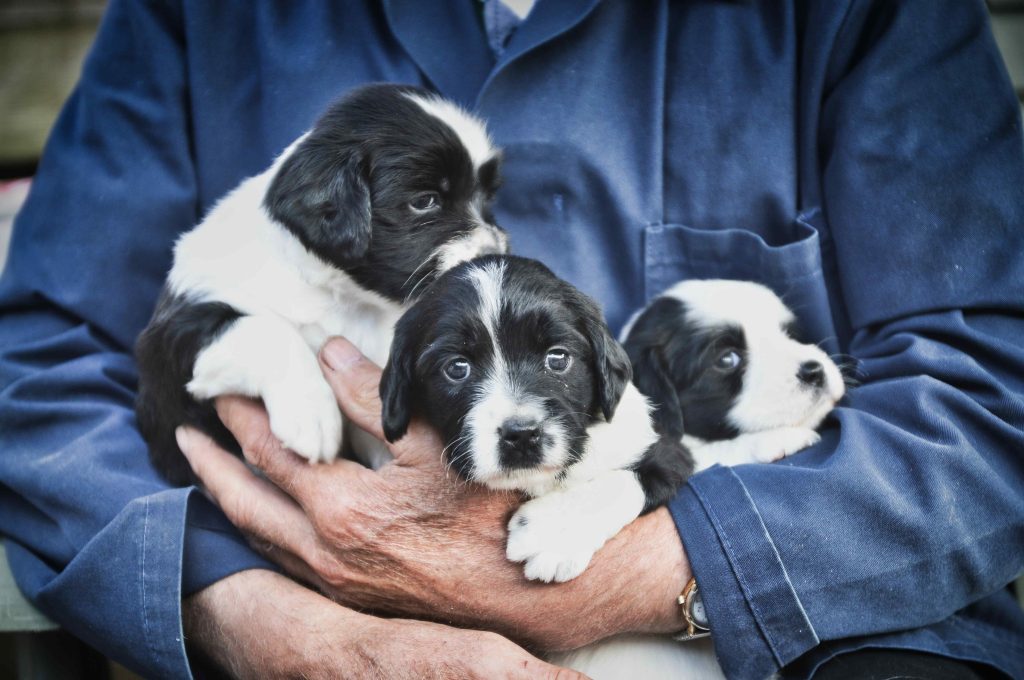
You may have seen social media and news reports about puppy farms. If you have, you will know that such places should not be supported and should be closed down. If you do not buy your pup from a reputable breeder, you may be supporting these puppy ‘factories’, which are cruel and inhumane. These pups often carry infectious and hereditary diseases because of excessive inbreeding.
Pups bought from some pet shops and from irresponsible breeders are often taken away from their mothers at around 5-6 weeks of age. It is vitally important that puppies go through a period of social development with their mothers. If they do not, they may develop behaviour problems. After approximately 16 weeks, puppies begin to emerge from this important learning period. Additionally, puppies not bought from a reputable breeder may not be pure bred, so you will pay an exorbitant amount of money for a tiny ‘Yorkie-look-alike’, who grows into a big pooch.
Also beware of buying puppies being sold on the side of the road. You might feel that you are saving such pups from ending up in a shelter, if you buy one, but all you are really doing is supporting a dreadful system and a way of making money by breeding dogs in inhumane conditions.
If you want to buy a pure-bred dog, buy directly from a breeder, from their own kennels (and not from the side of the road or in a shopping centre), who will provide you with bona fide papers to show that the dog is pure bred. Then you will get exactly what you have paid for.
Additionally, a reputable breeder breeds for the betterment of the breed and not for financial gain. They make very little profit from their puppies. They are passionate about their breed and will ensure that their pups are the best. Many such breeders will in fact interview you and your family and even visit your home, to ensure that you ‘match up’!
To find a reputable breeder, contact the breed clubs or go to breed shows which are listed on the KUSA site (www.kusa.co.za).
Finally …
We wish you the very best of luck on your exciting journey towards finding a furry companion, who will bring you much joy for many years.
ZA-BRV-211100004

Subscribe to our Newsletter
Get to know your furry friend better! Sign up for all things dog- or cat-related.
The Hairy Facts about the dreaded hairball
12 April 2021
Help! My dog’s barking mad! Volume 2
12 April 2021
Your Itchy, Scratchy Cat – All About Cat Skin Problems
12 April 2021
The Dog’s Diet: A Bone of contention?
01 April 2021
Mango Fly Worms: How to Spot and Eliminate them
Posted on November 28,2019
Managing Mange And Mites In Your Dog
Posted on June 11,2018
Why Do Cats Purr and How? Learn What Your Cat Is Saying
Posted on October 14,2020
How to Get Rid of Ear Mites in Dogs
Posted on November 06,2019


